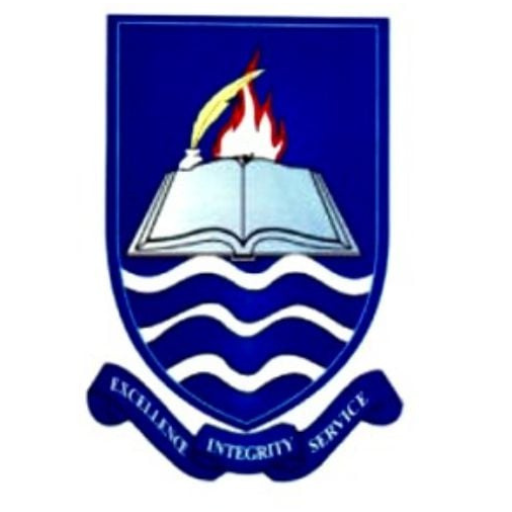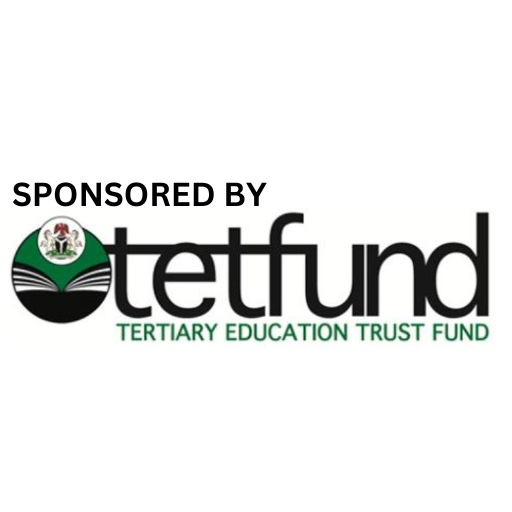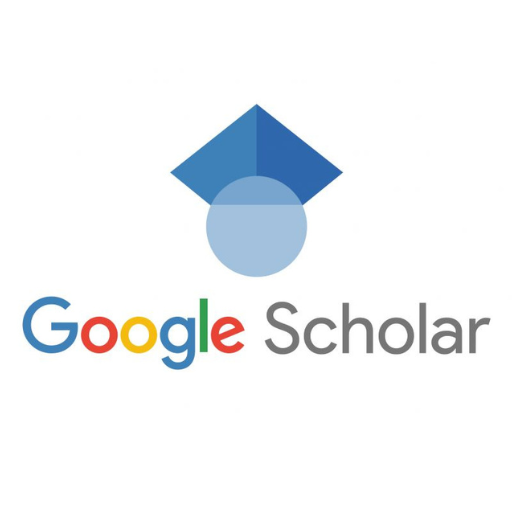Evaluating the Effectiveness and Challenges of Artificial Intelligence Tools in Chemistry Instruction at the Federal University of Education, Zaria
DOI:
https://doi.org/10.63561/fnas-jmse.v6i4.907Keywords:
Chemistry Education, Artificial Intelligence, TPACK, Implementation Challenges, Reelmind.aiAbstract
This study, titled evaluating the effectiveness and implementation challenges of artificial intelligence tools in chemistry instruction in Federal University of Education, Zaria was guided by four specific objectives, along with corresponding research questions. The study focused on chemistry lecturers and students within Federal University of Education, Zaria. A descriptive survey design was employed, involving a sample of one hundred and twenty (120) students and ten (10) lecturers. The sample was selected using purposive sampling technique. The instrument for data collection was a structured questionnaire, which yielded a reliability coefficient of 0.70 after pilot testing. Data collection was self-administered and anlyzed using the descriptive statistics of mean and standard deviation. Findings revealed that there is a generally positive perception of the impact of AI tools (Reelmind.ai) on students’ understanding of abstract chemistry concepts at the Federal University of Education, Zaria (X=3.14), lecturers at the Federal University of Education, Zaria demonstrate an overall high level of technological pedagogical content knowledge (TPACK) (X=3.13), key infrastructural challenges exist in implementing AI tools (Reelmind.ai) in chemistry instruction at the Federal University of Education, Zaria (X=3.30) and there is a generally positive perception of AI tools (Reelmind.ai) among chemistry lecturers and students (X=3.07). The research recommends that the university administration and government agencies should invest in stable internet connectivity, reliable electricity, and access to up-to-date hardware and software, among others.
References
Adebayo, F. A., & Ibrahim, M. S. (2024). Impact of AI-enhanced teaching on chemistry performance in secondary schools in Katsina State, Nigeria. International Journal of Educational Technology in Developing Countries, 15(1), 112-128.
Adedoyin, O. B., & Soykan, E. (2020). Covid-19 pandemic and online learning: The challenges and opportunities. Interactive Learning Environments, 1-13.
Agbo, F. J., Oyelere, S. S., Suhonen, J., & Adewumi, S. (2020). Systematic review of computational thinking with educational technology in Africa: Research gaps and recommendations. International Journal of STEM Education, 7(1), 1-20.
Chassignol, M., Khoroshavin, A., Klimova, A., & Bilyatdinova, A. (2018). Artificial Intelligence trends in education: A narrative overview. Procedia Computer Science, 136, 16-24.
Emendu, N. B., & Udogu, M. E. (2020). Difficulties in learning chemical bonding among senior secondary school students in Awka education zone of Anambra State. Journal of Science Education, 24(1), 92-101.
Etiubon, R. U., & Udoh, N. M. (2017). Effects of practical activities and manual on science students' academic performance on solubility in Uruan Local Government Area of Akwa Ibom State. Journal of Education and Practice, 8(3), 202-209.
Federal Ministry of Education. (2014). National policy on education (7th ed.). NERDC Press.
Federal Ministry of Science and Technology. (2021). National science, technology and innovation policy. Federal Ministry of Science and Technology.
Hwang, G. J., Xie, H., Wah, B. W., & Gašević, D. (2020). Vision, challenges, roles and research issues of artificial intelligence in education. Computers and Education: Artificial Intelligence, 1, 100001.
Ibrahim, A. A., & Aminu, H. (2023). Survey of AI-based educational technology adoption in Northern Nigerian secondary schools. Nigerian Journal of Educational Technology, 8(2), 76-94.
Kaduna State Ministry of Education. (2019). Education strategic plan (2019-2023). Kaduna State Government. Mishra, P., & Koehler, M. J. (2021). Technological pedagogical content knowledge: A framework for integrating technology in teacher knowledge. Journal of Teacher Education, 72(4), 365-383.
Muhammad, A., Bello, H., & Zakariyya, A. (2022). Effects of virtual chemistry laboratory on students' understanding of chemical bonding concepts in Kano State secondary schools. Journal of Science Education in Africa, 4(2), 112-125.
Nbina, J. B., & Avwiri, E. (2019). Analysis of factors affecting chemistry education in Nigerian secondary schools. International Journal of Innovative Education Research, 7(4), 111-119.
Obichili, C. C., & Ekwueme, C. O. (2023). Effect of AI-enhanced instruction on students' achievement in chemistry: A study of secondary schools in Lagos State. African Journal of Science and Mathematics Education, 9(1), 45-57.
Okonkwo, C. A., Onyia, C. R., & Baiyeri, K. P. (2022). Challenges of integrating educational technology in Nigerian secondary schools: A case study of Enugu State. Journal of Educational Technology in Nigeria, 7(1), 41-58.
Olanrewaju, M. K., Adebayo, F. A., & Musa, R. J. (2022). Implementation of AI-powered virtual laboratories in Nigerian secondary schools: Outcomes and challenges. Journal of Chemistry Education in Africa, 8(2), 123-140.
Orji, E. I., & Ebenezer, O. A. (2021). Difficulty concepts in secondary school chemistry: A case study of Onitsha Education Zone. Journal of STEM Education, 6(3), 67-78.
Pedaste, M., Palts, T., Valk, S., Leijen, Ä., Mäeots, M., Siiman, L., ... & Tsourlidaki, E. (2021). How artificial intelligence is transforming inquiry-based science learning: A systematic review. Educational Research Review, 34, 100390.
Pokhrel, S., & Chhetri, R. (2021). A literature review on impact of COVID-19 pandemic on teaching and learning. Higher Education for the Future, 8(1), 133-141.
Shen, J., Liu, X., Huang, J., & Tang, X. (2020). Augmented reality visualization for chemistry education: A systematic review of research from 2010 to 2019. Journal of Chemical Education, 97(9), 2560-2580.
Shulman, L. S. (2015). PCK: Its genesis and exodus. In A. Berry, P. Friedrichsen, & J. Loughran (Eds.), Reexamining pedagogical content knowledge in science education (pp. 3-13). Routledge.
Yusuf, M. O., & Balogun, M. R. (2019). Student-teachers' competence and attitude towards information and communication technology: A case study in a Nigerian university. Contemporary Educational Technology, 10(2), 158-172.
Zawacki-Richter, O., Marín, V. I., Bond, M., & Gouverneur, F. (2019). Systematic review of research on artificial intelligence applications in higher education–where are the educators? International Journal of Educational Technology in Higher Education, 16(1), 1-27.







